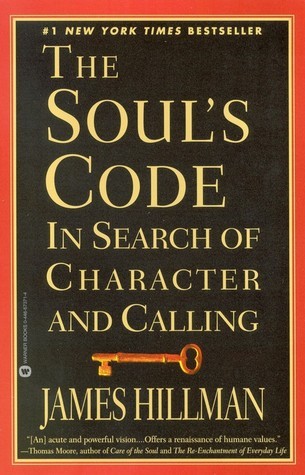What do you think?
Rate this book


352 pages, Paperback
First published August 13, 1996
For centuries we have searched for the right term for this "call." The Romans named it your genius; the Greeks, your daimon; and the Christians your guardian angel... The Neoplatonists referred to an imaginal body, the ochema… For some it is Lady Luck or Fortuna; for others a genie or jinn... In Egypt, it might have been the ka, or the ba… Among the people we refer to as Eskimos and others who follow shamanistic practices, it is your spirit, your free-soul, your animal-soul, your breath-soul. (p. 8)
When your child becomes the reason for your life, you have abandoned the invisible reason you are here. (p. 84)
The American character remains blind to the fact that the virtues of mediocrity -- those pieties of disciplined energy, order, self-control, probity, and faith -- are themselves messengers of the devil they would overcome.
...
Maybe inviting mediocrity in -- just doing a passable job as a team player, not upsetting the boat, holding on to "family values," joining the Wal-Mart community, staying cool, fearing extremists and ungrounded underground ideas -- is precisely what drives the invisibles away. (p. 268)